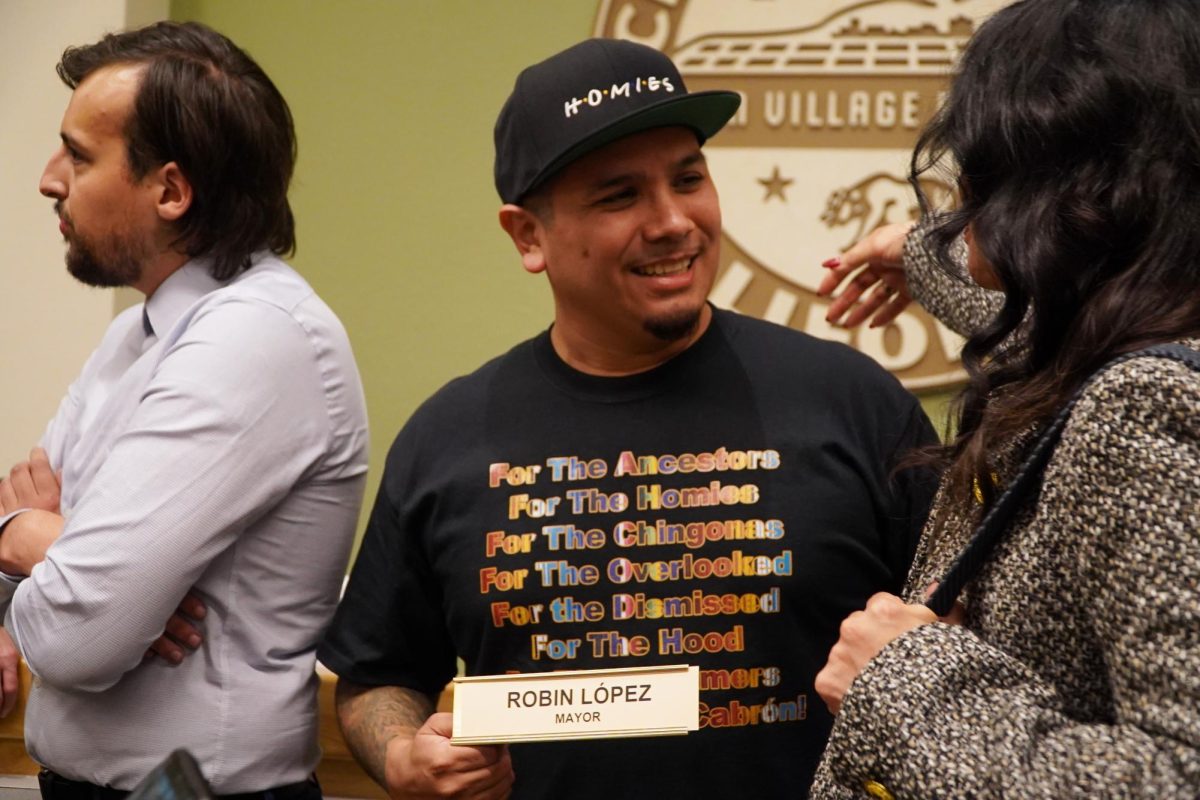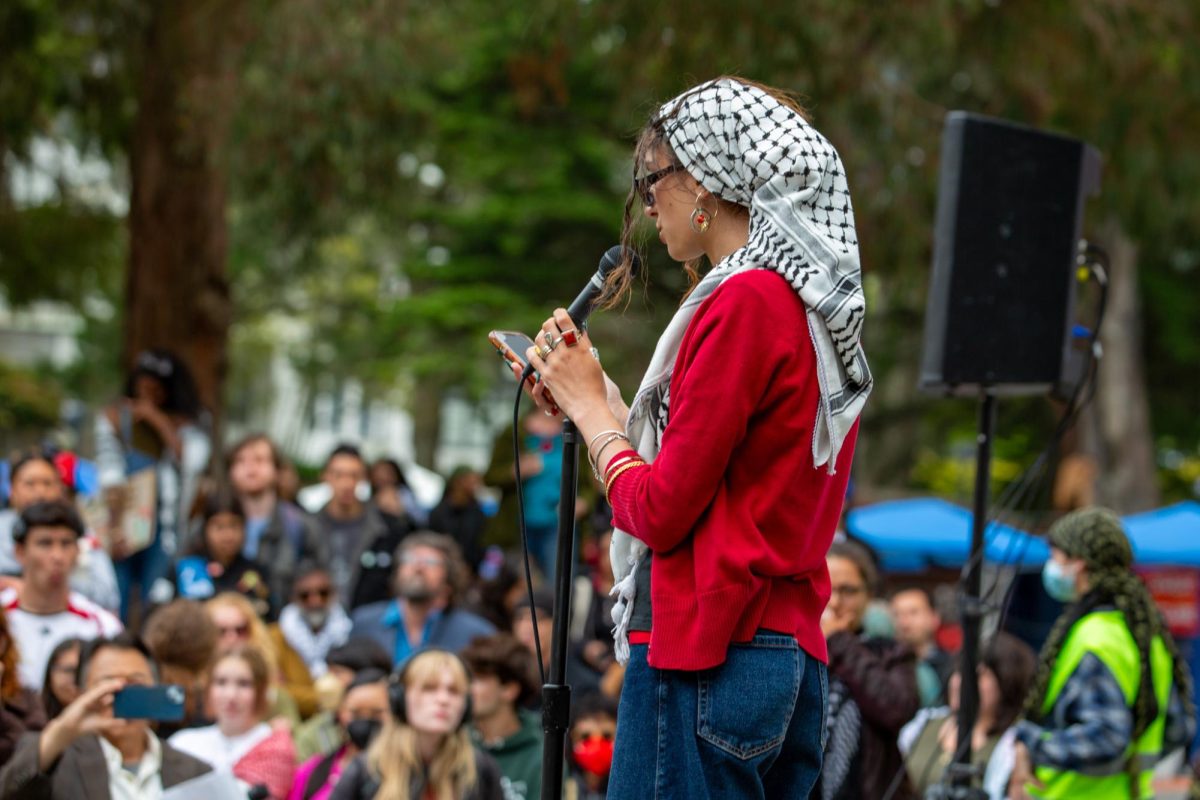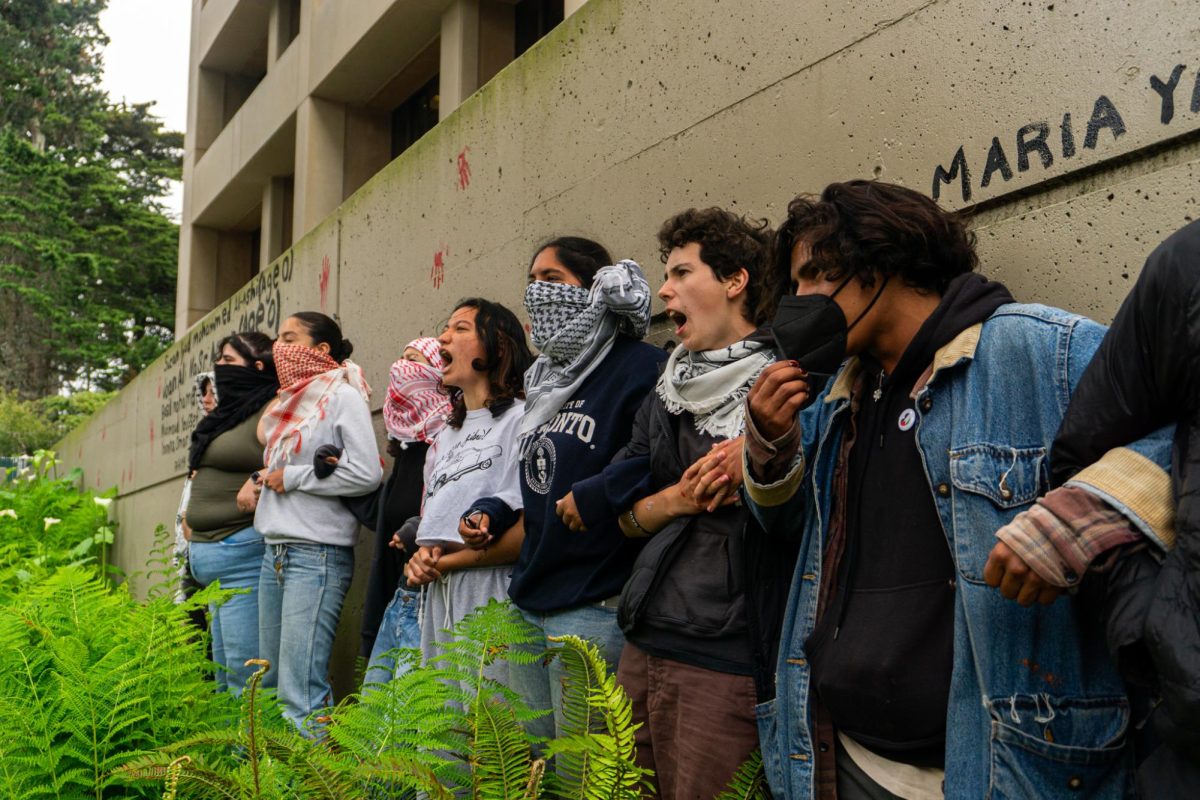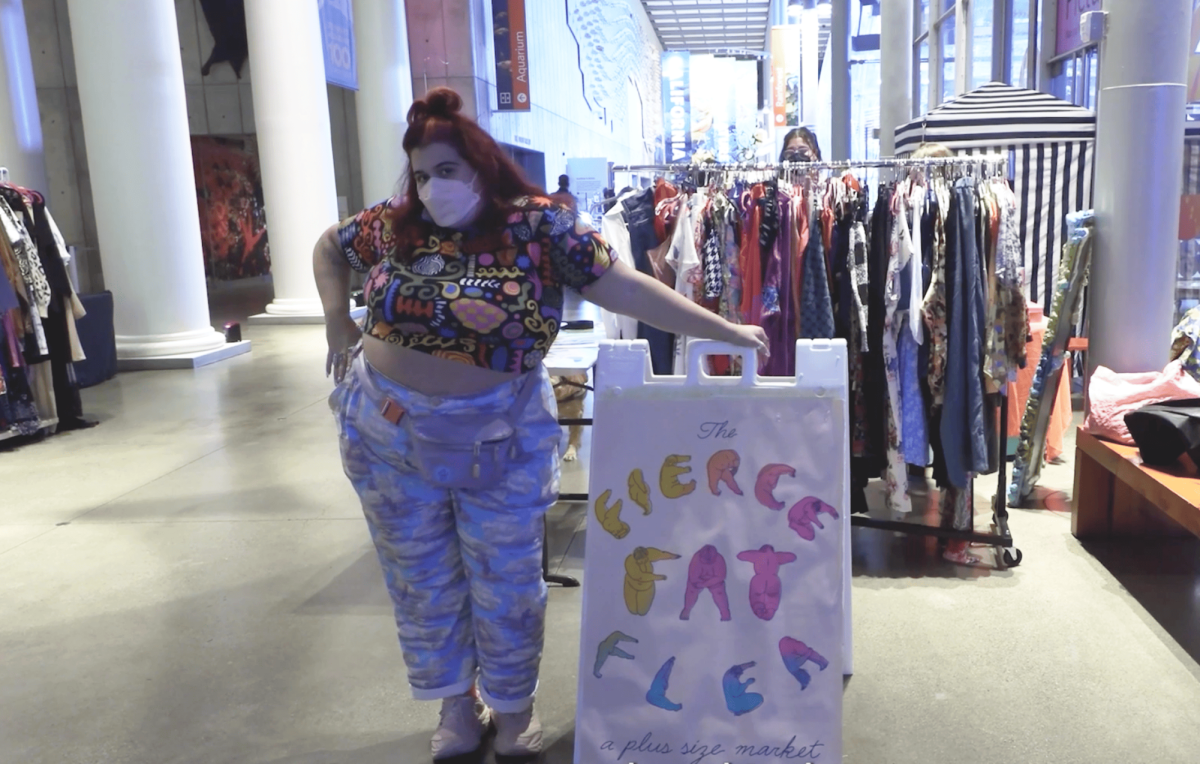Update: As of Nov. 18, 2021, the southern California nurses union United Nurses Associations of California/Union of Health Care Professionals reached an agreement with Kaiser Permanente averting a strike.
South San Francisco Kaiser nurses stood outside their jobs early Wednesday morning, some made noise with hand clappers, some held signs that said: “short staffing today, patient dumping tomorrow.” All were united in their picket and letting their voices be heard.
The informational picket, held at multiple Kaiser locations, were part of a larger demonstration by the California Nurses Association to spread awareness regarding Kaiser’s new proposal, which the California Nurses Association called an “home all alone patient dumping scheme.”
Kaiser’s Advanced Care at Home Plan would give surgical and emergency room patients the option to get 24/7 monitoring and acute-level care in their own homes.
The CNA is an affiliate of National Nurses United, who are concerned that having staff monitor these acute-level patients from their homes would not give them proper hospital quality care, mentioning that cameras and monitors cannot replace healthcare professionals.
Kaiser’s Advanced Care at Home program is in its pilot stage. So far, the program has been tested in Vallejo and Vacaville.
Staff nurse Elizabeth O’Hara has worked at the South San Francisco Kaiser for four years, and thinks that Kaiser is working on the Advanced Care at Home program to address nursing shortages. She believes that it is not safe to send patients home when they are not ready.
“We take care of a lot of elderly and they can’t go home just like that,” said O’Hara. “It’s way too hard and it’s just extremely not safe.”
Zenei Cortez is a president of the CNA and NNU, and has worked at South San Francisco Kaiser for around 40 years.
Cortez believes that the program would be a burden to patients’ families because Kaiser wouldn’t provide at-home training for the families of patients receiving this type of care.
“Our goal and our ultimate interest is the safety and the advanced care for our patients, which is care in the hospital, but not care at home,” Cortez said.
In attendance were stationary and biomedical Kaiser engineers of the Local 39 union, who have been on strike outside all Kaiser medical offices since September 18 due to a contract dispute.
In an emailed statement to the Xpress, Kaiser Permanente highlighted that patients overwhelmingly preferred the advanced care at home program when given the option, and the program does not limit the roles and number of nurses in hospitals. Kaiser officials were not available to comment on the picket and other planned and current strikes.
Staff nurse Eugene Krasnojon has worked at South San Francisco Kaiser for six years. He emphasized that they were not there to protest Kaiser, but to support Kaiser staff and to let them know that nurses are overworked and tired.
“I hope it’s not going to take more nurses away from what we already have,” O’Hara said.
Krasnojon highlighted that staff at Kaiser have been working more overtime since the pandemic began because of short staffing, even missing breaks and working up to 16 hour shifts day in and day out.
“Keep in mind, throughout the pandemic, this hospital was staffed for about 60 beds, we had at one point 120 patients in here 120 patients,” Krasnojon said.
According to a Morning Consult poll taken in September of 2021 of 1,000 health care workers, it found that the driving factors of the 18% who quit their jobs and the 12% who were laid off were inadequate pay, the pandemic, and burnout.
Krasnojon hopes that the advanced care at home program does not lead to a cut in the number of staff working at their location.
Protests are scheduled across California starting Nov. 15, with Southern California Kaiser nurses going on strike to protest Kaiser’s proposed two-tiered wage system, and California Nurse Association nurses going on a one day strike on Nov. 19 in solidarity with Kaiser engineers.
Kaiser Permanente has sent their own announcement about the strikes, informing patients of potential closures and to schedule their appointments before the strikes begin.
Daly City Mayor Juslyn Manalo and San Mateo County Board of Supervisors President David Canepa attended the picket and expressed their support for the CNA AND NNU nurses.
Canepa and Manalo separately mentioned to the Xpress that they would be interested in writing a letter to Kaiser Permanente about the issues raised at the picket.














